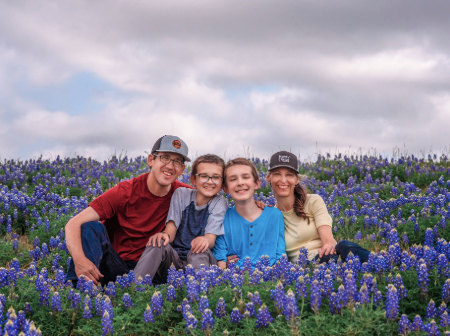To us, some of our favorite parts of RVing occur at night. We live to look up at dark skies when we’re on our trips, and we do it regularly when we’re on road trips.
In this article we'll share with you how we find the best RV spots to stargaze so you can also enjoy a great part of camping.
Identify Dark Sky Destinations
What makes a stargazing RV spot ideal?
It starts with finding a location that has minimal light pollution. The further you travel away from cities and towns, the better your view of the stars becomes.
You probably already know that there is less glow from urban lights out in more rural locations. This means you can see more constellations and deep space objects you never knew existed when you get away from populated areas.
We like to use a couple of resources when identifying dark sky destinations. Our favorite is a light pollution map. We have our own map you can try, or use one of many others found on the internet to get started. A dark sky map like this will help you zero in on a specific area to visit. Choose an area in at least the green color, although dark gray is the best.
Dark Sky International is another great resource that can help you on your journey of brainstorming dark-sky areas to park your RV. This organization has helped protect dozens of locations from light pollution. We enjoy looking at their dark sky place finder, which gives us new ideas of areas we want to add to our explore list.

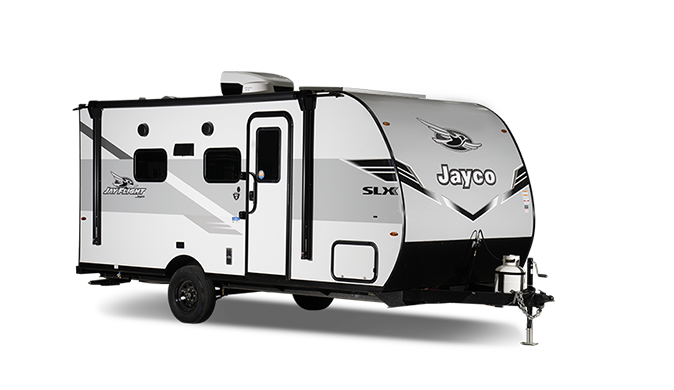
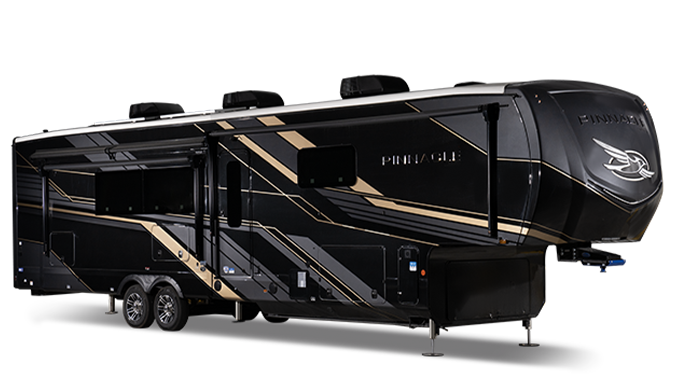
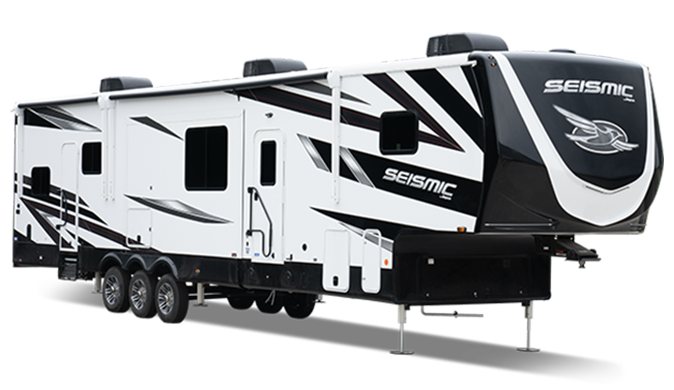
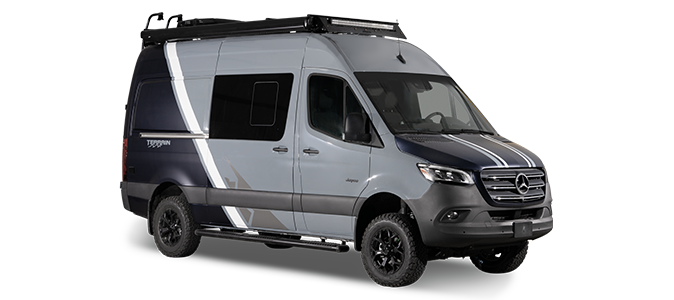
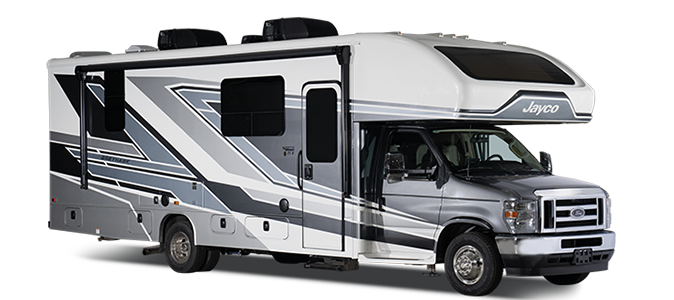
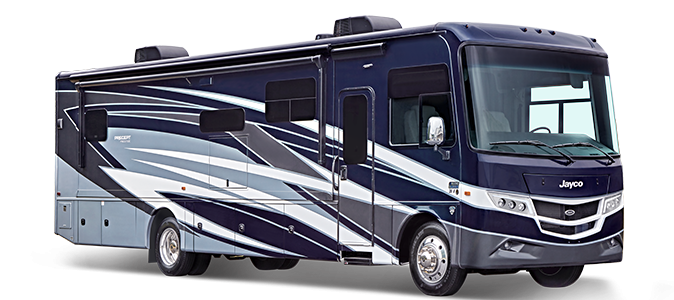
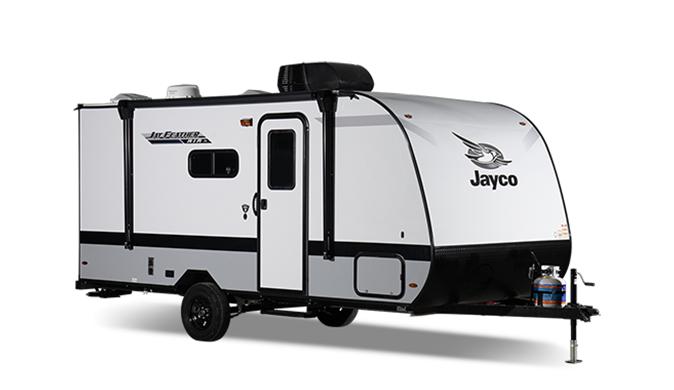
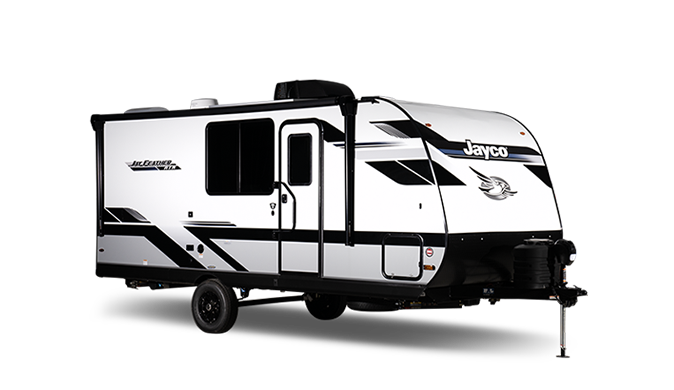

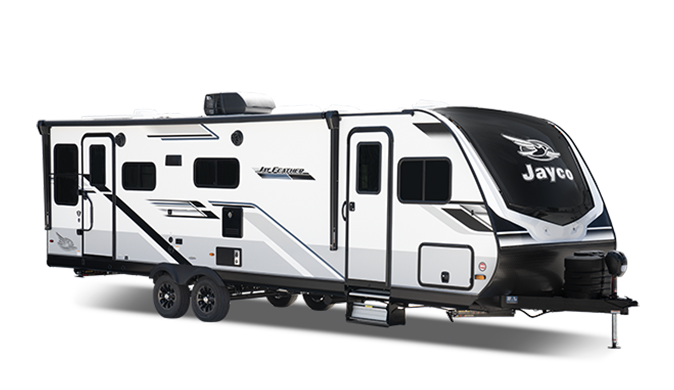
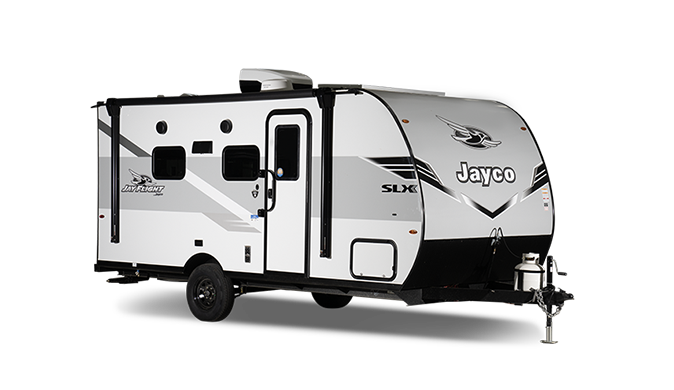
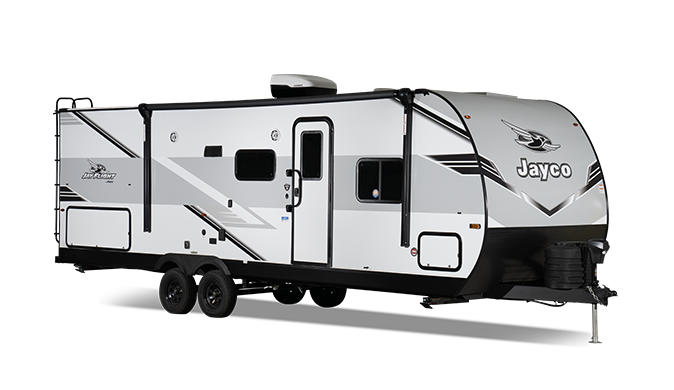
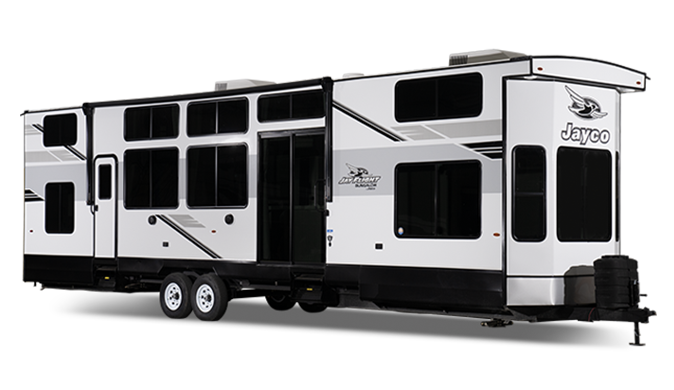
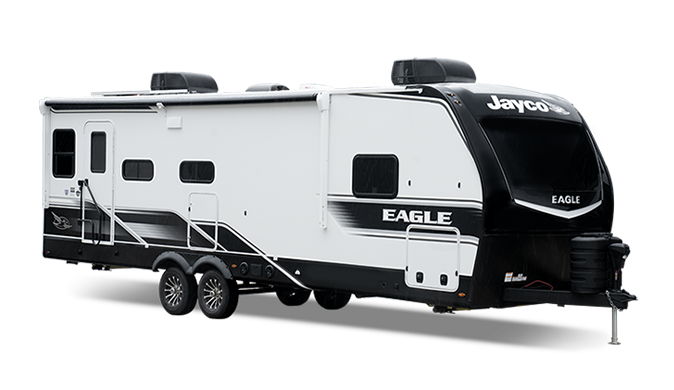
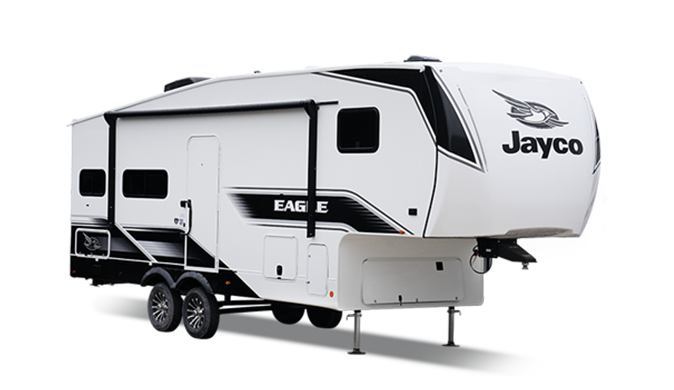
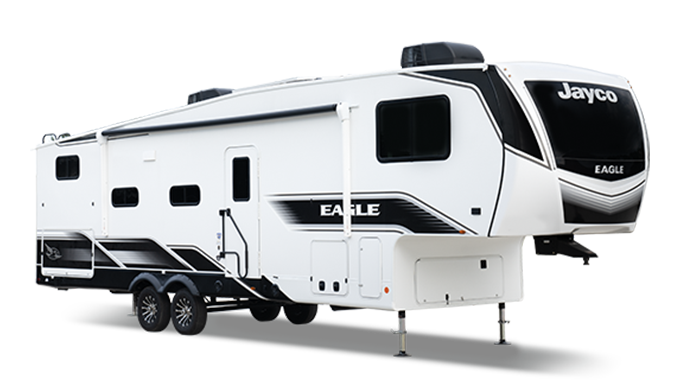
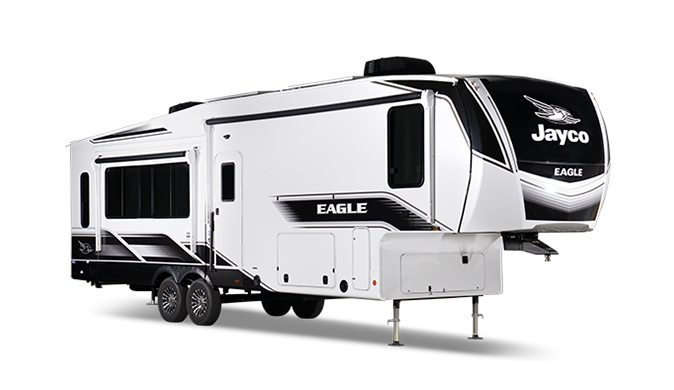
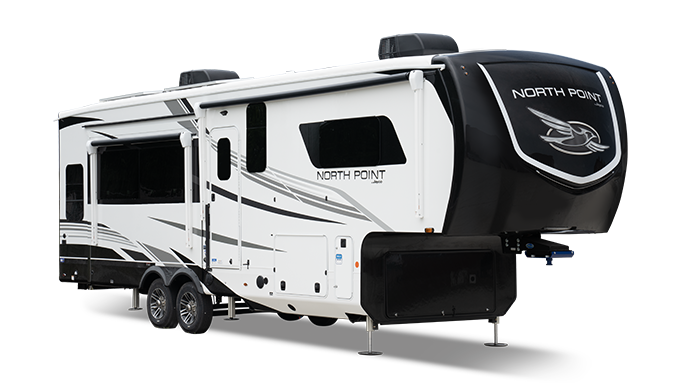
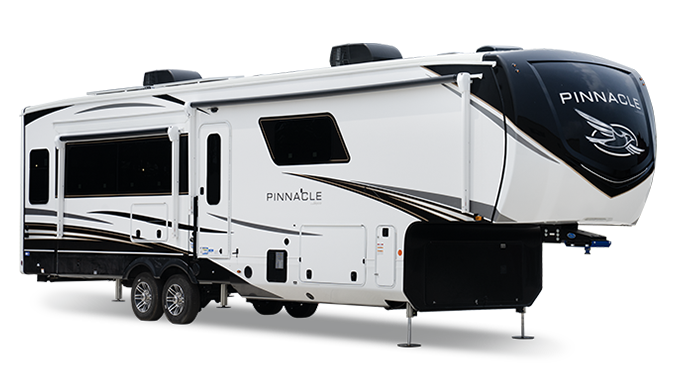
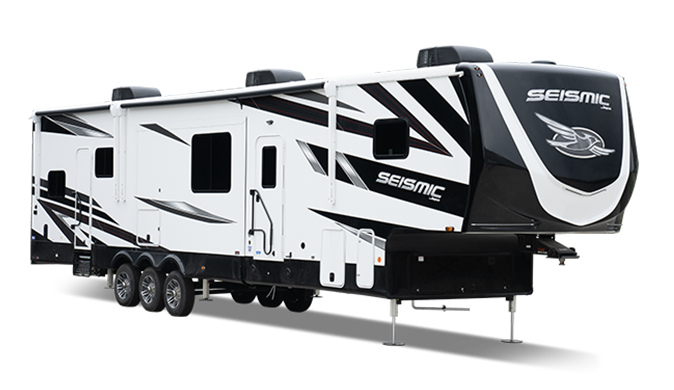
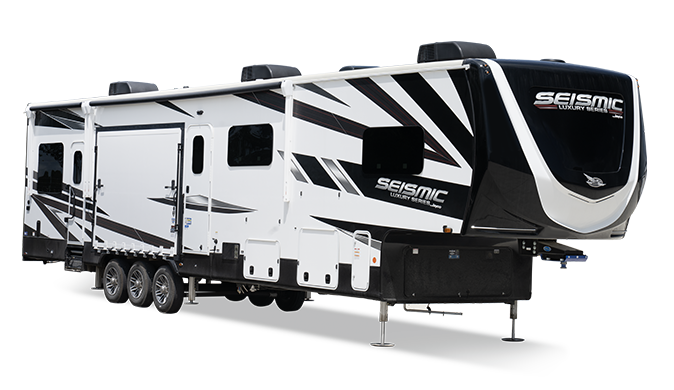
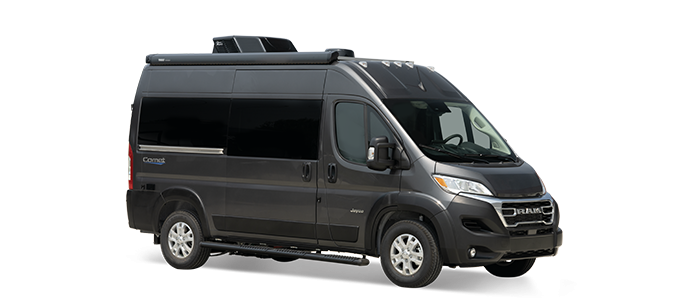
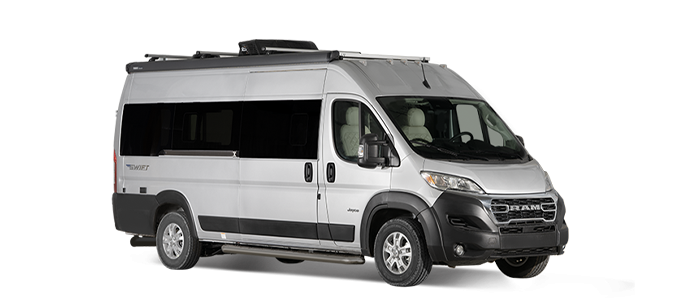
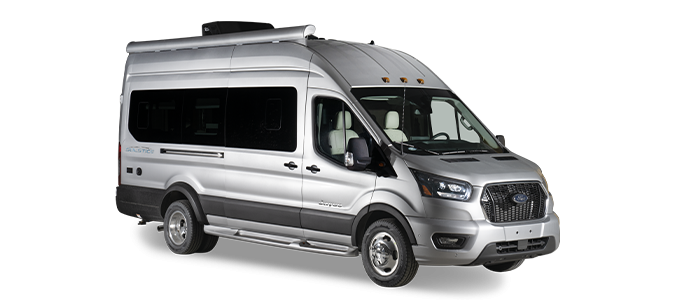
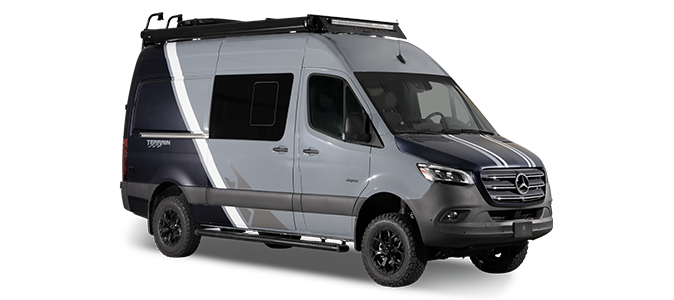
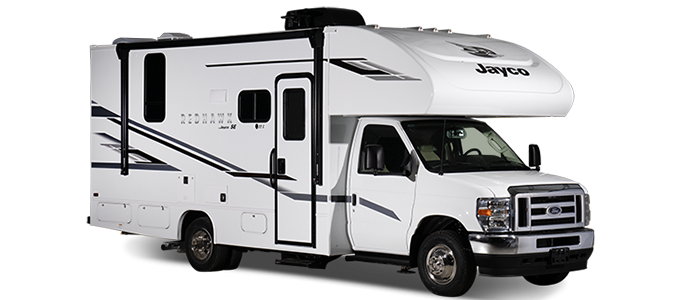
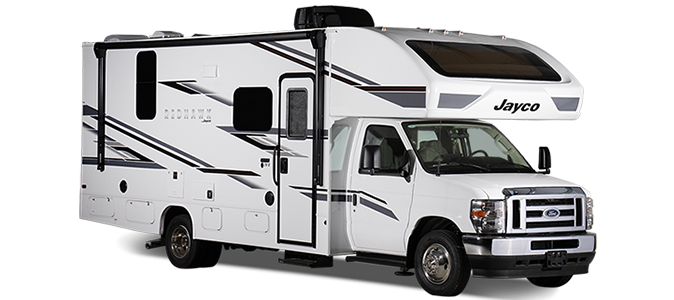
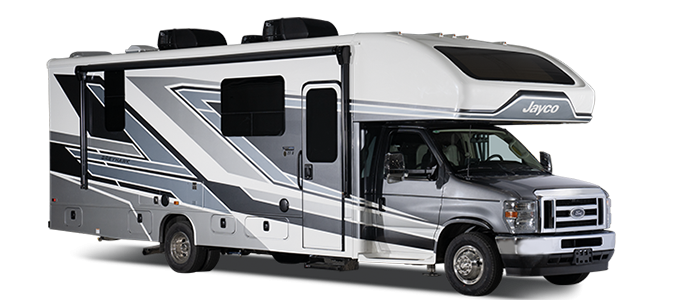
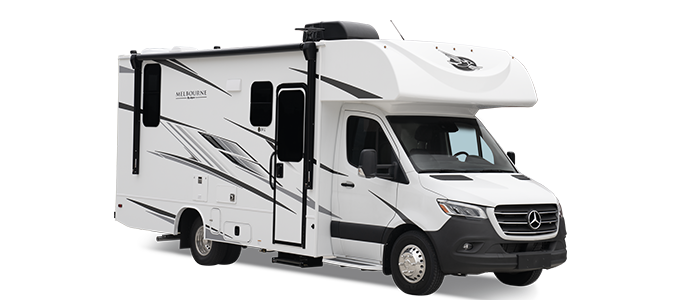
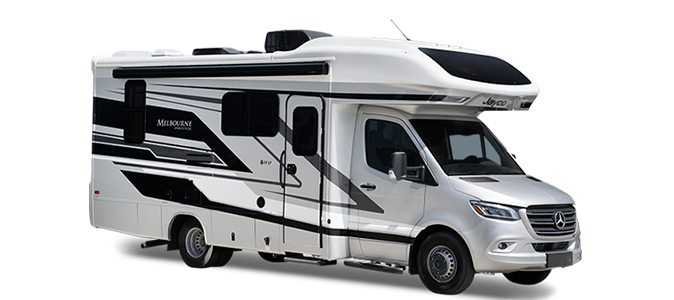
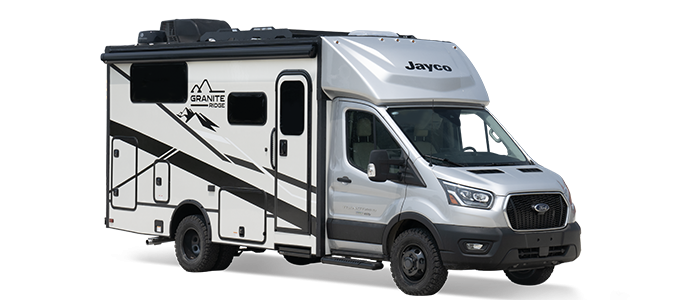
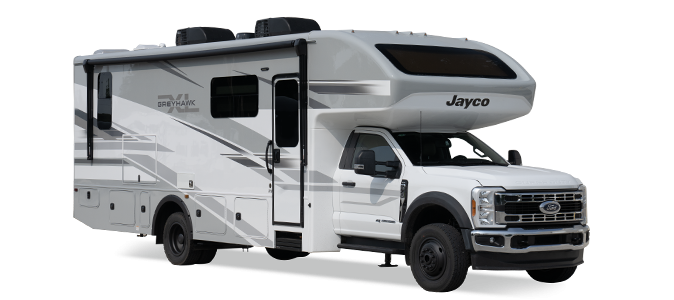
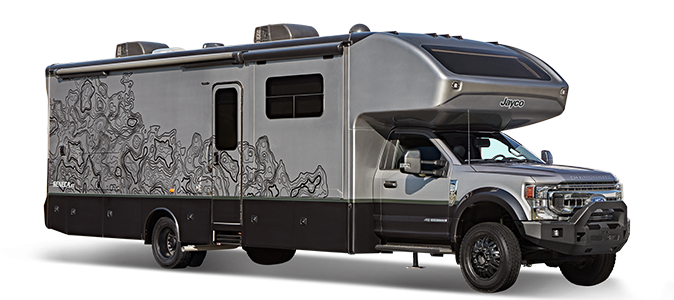
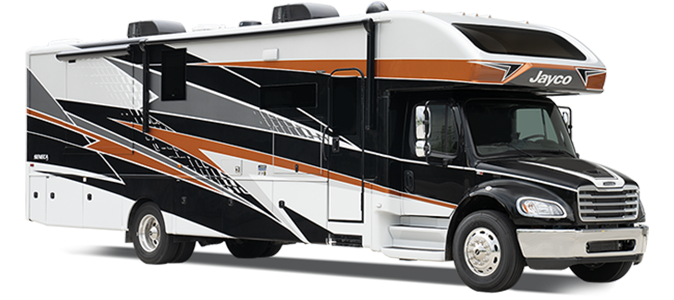
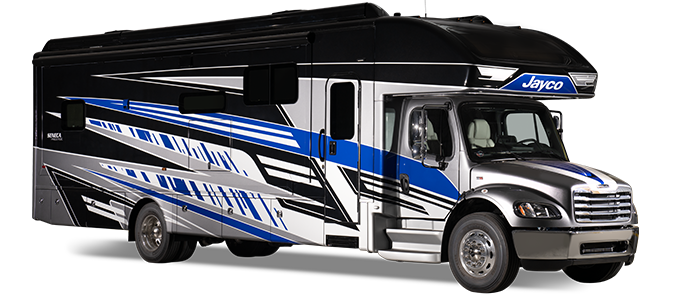
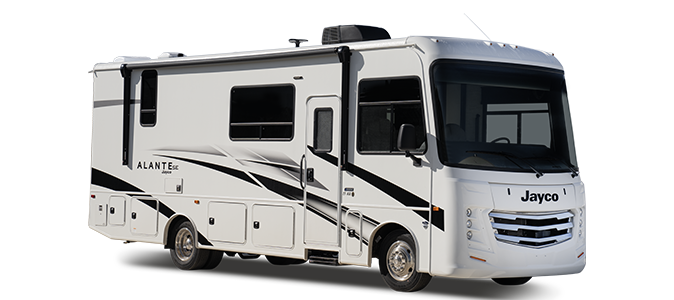
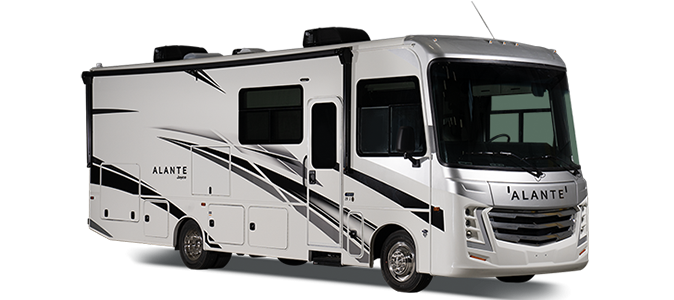
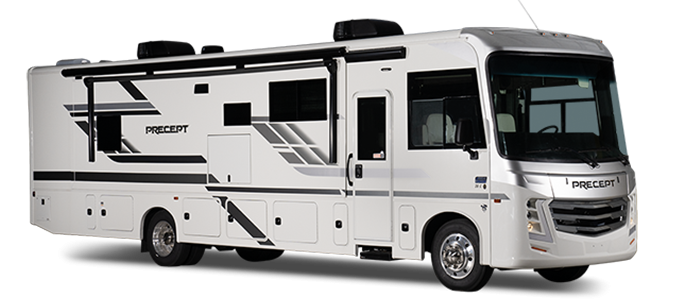
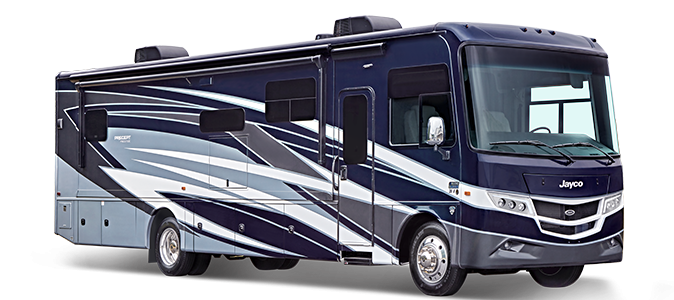
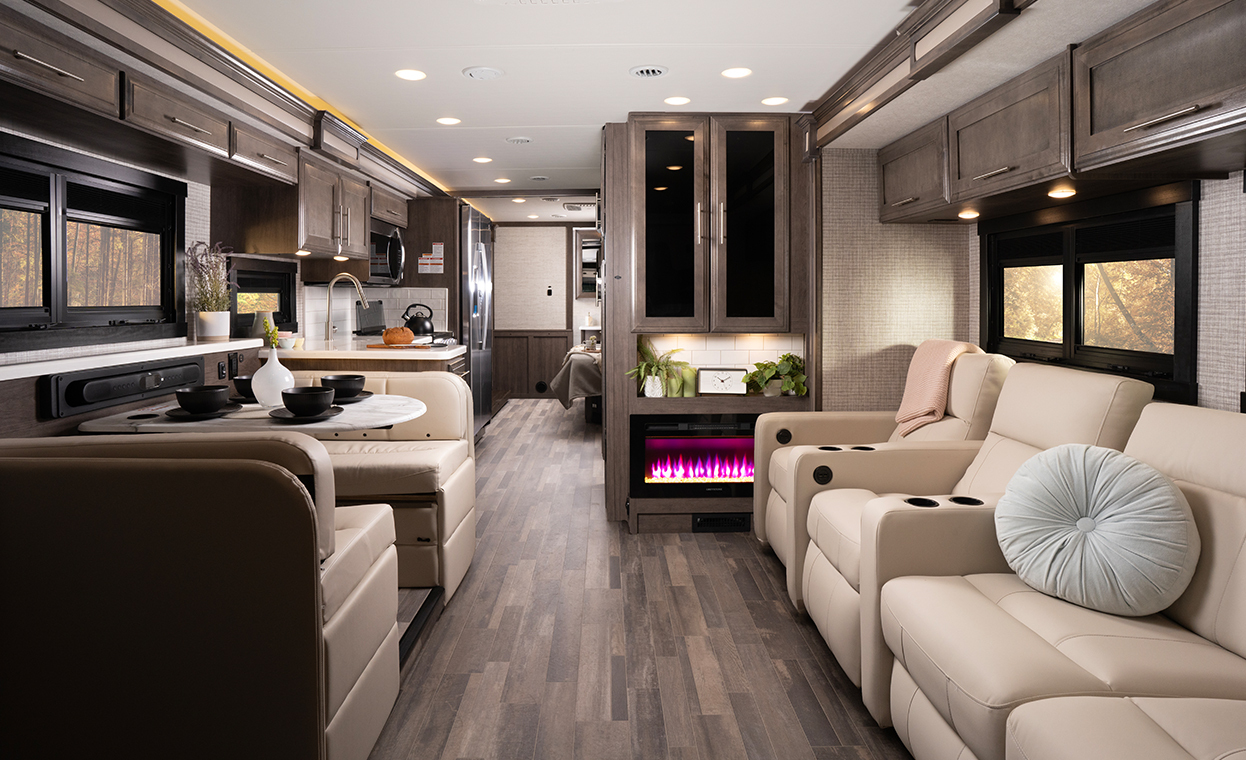
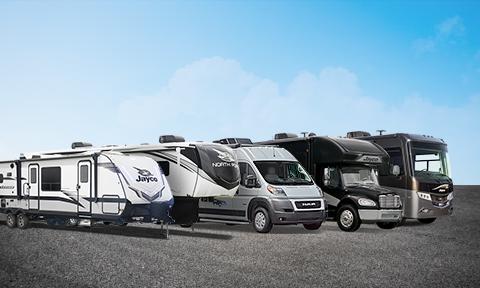
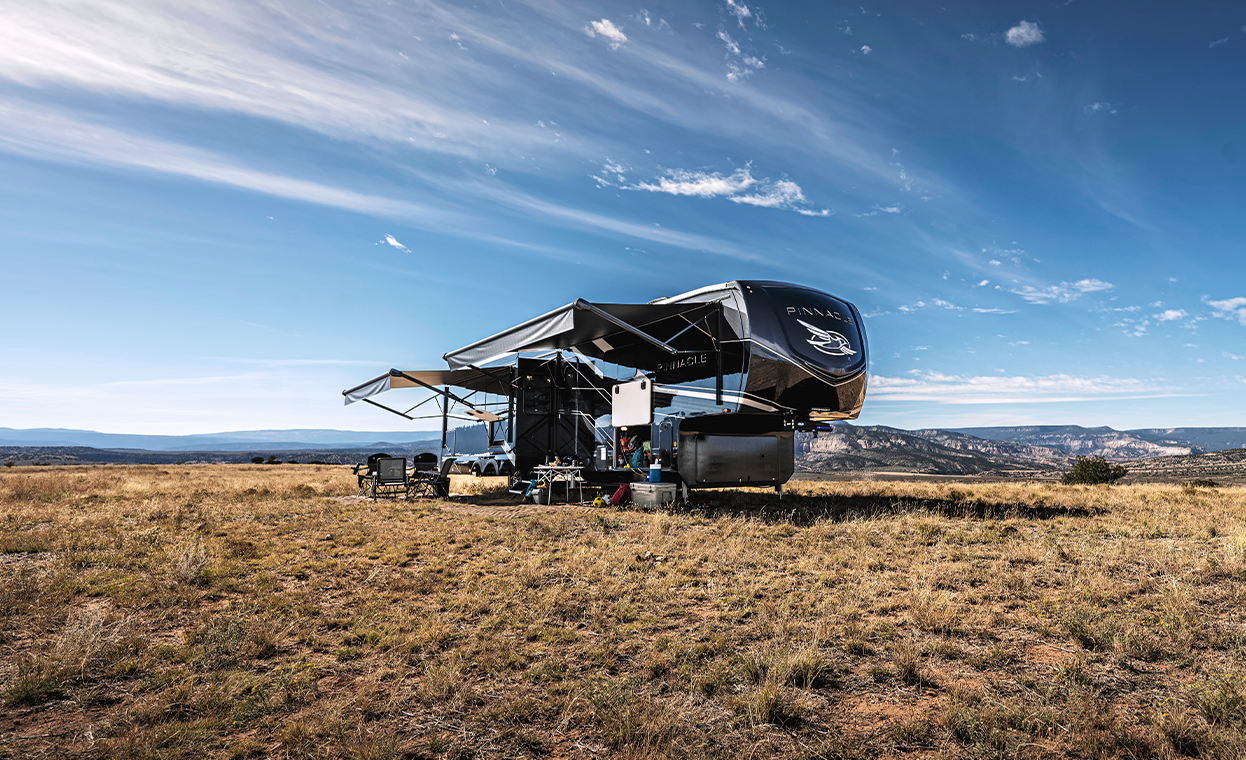
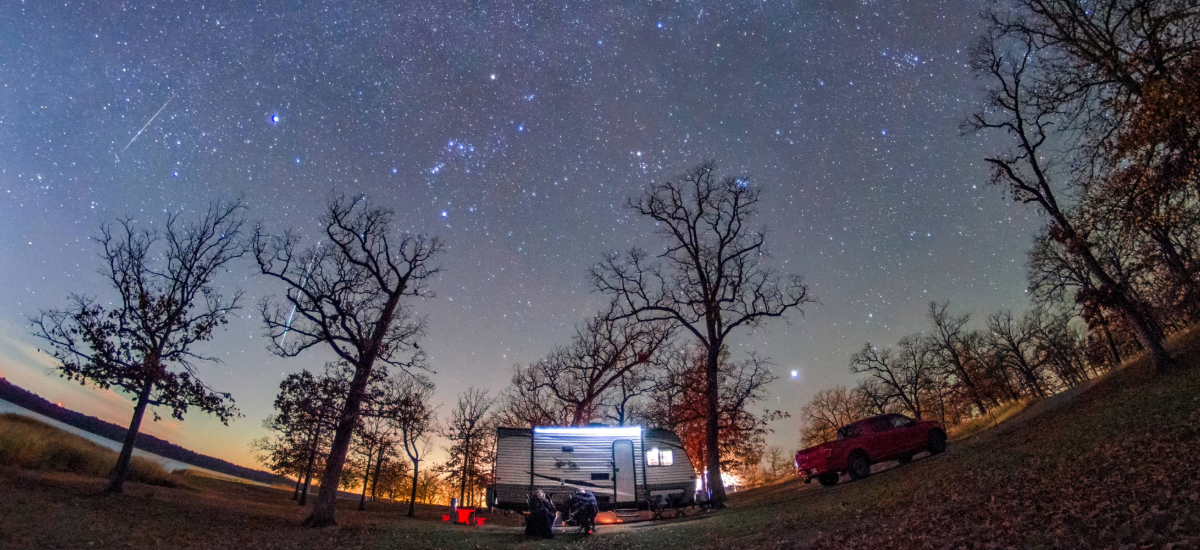
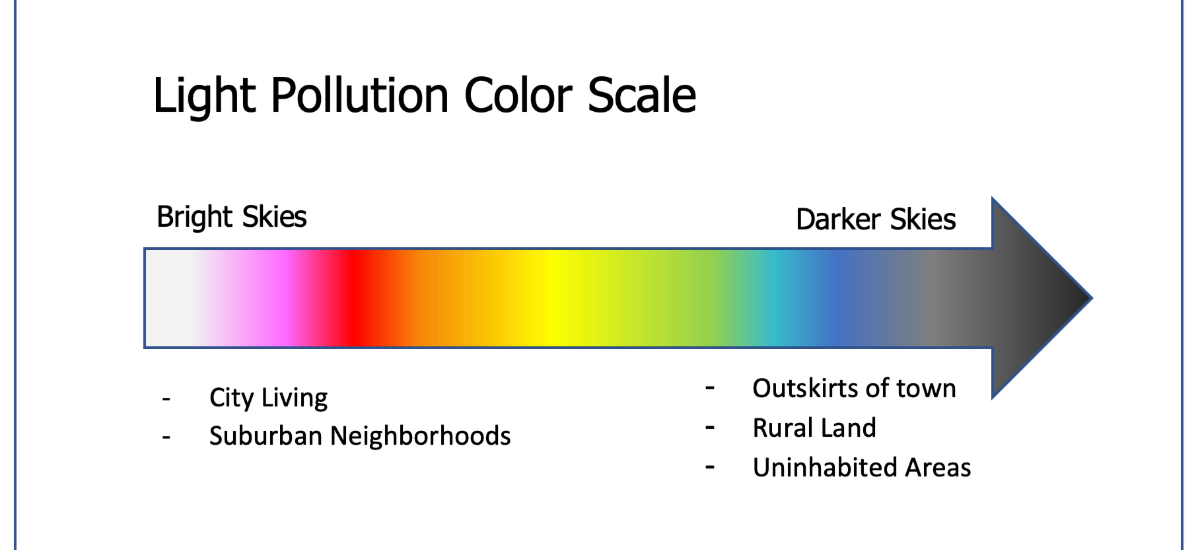
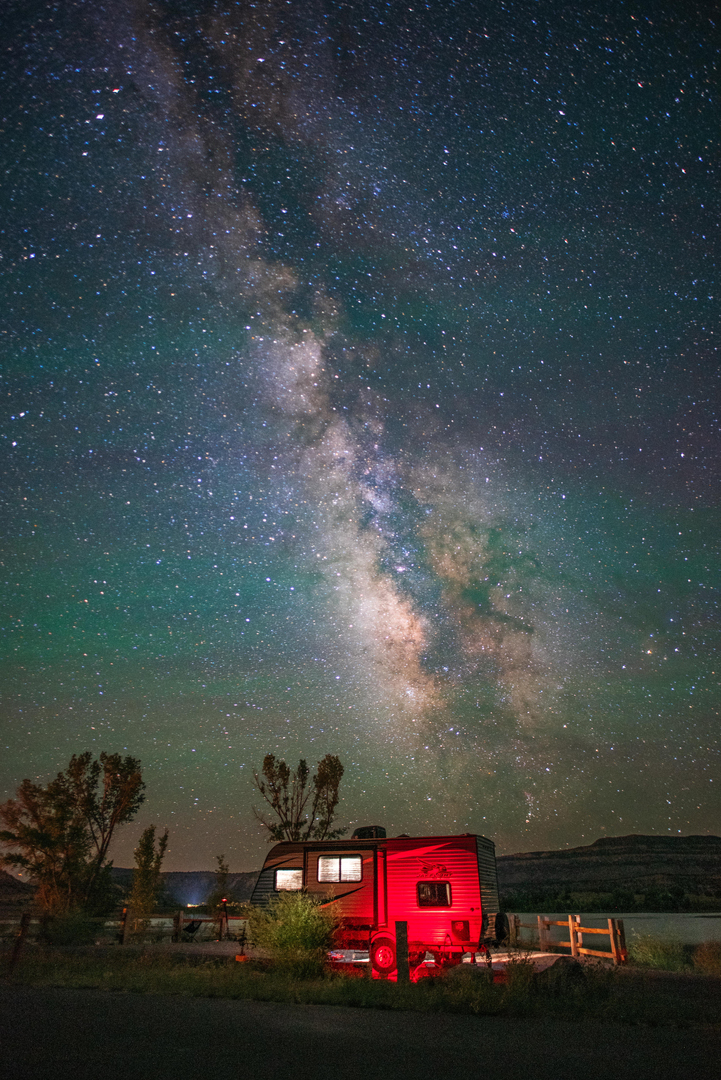
.jpg)
